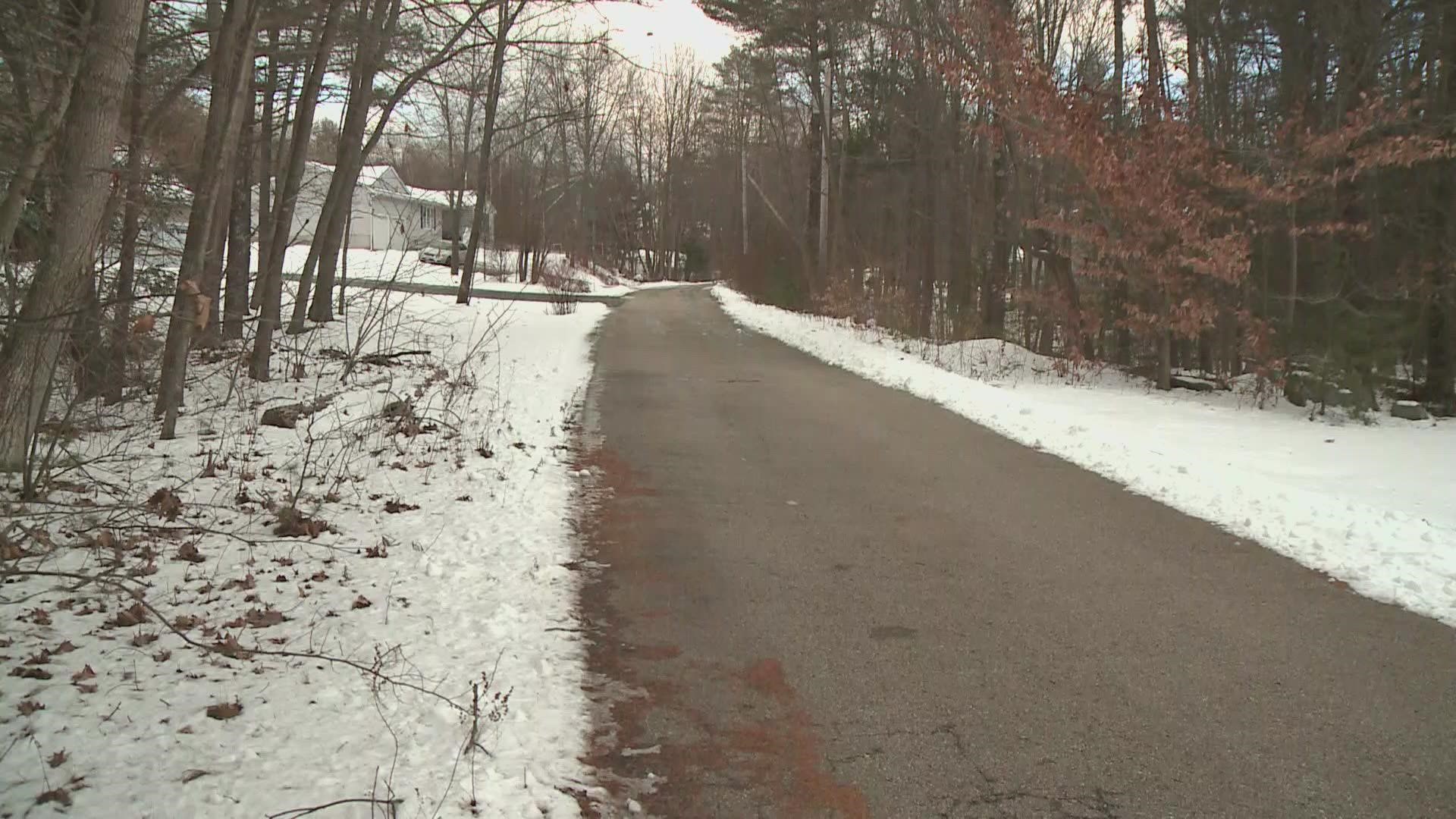KITTERY, Maine — More water testing in Kittery is planned after a private well showed levels of PFAS chemicals above the state's drinking water standard for the industrial compounds.
In November 2021, high levels of industrial compounds were discovered in test wells at a town landfill that was closed in the early '90s. The Maine Department of Environmental Protection regulators announced the test results at a Kittery Town Council meeting earlier this week. Four private wells were tested on Jewett Lane, about 1,000 feet from the landfill.
"There was one of those four wells that we initially sampled that was above that 20 parts per trillion guideline for the sum of six compounds, Maine's safe water drinking limit for PFAS chemicals," Chris Redmond, who works the DEP's landfill closure program, said.
The DEP launched an investigation after sampling test wells at the site, located at the Kittery Resource Recovery Facility, the town dump transfer station. The levels were found to be 50 times higher than Maine's safe drinking water limit.
The toxic chemicals found in everything from household products to firefighting foam are linked to several health problems, including organ cancer and developmental delays. Town officials believe construction and household materials containing industrial chemicals were dumped in the landfill, dating back more than four decades.
The Jewett Lane neighborhood is within one-thousand feet of the landfill. Several other private wells will also be sampled. Town Manager Kendra Amaral said bottled water will be made available to residents with PFAS levels above the state's drinking water standard.
"In the long term, taking a look at whether or not we can extend the Kittery Water District's service to those areas so that they can get off of the well water," Amaral said.
Amaral said talks are underway with the Kittery Water District to expand its water line to residents with private wells on Jewett Lane, Pettigrew Road, and Wilson Road.
The landfill was not lined. But the chemicals, found in household products such as carpet and furniture and firefighting foam take years to break down. Decades of waste, including from the Portsmouth Naval Shipyard, is believed to be the source of the contamination which leached into groundwater. Under state law, regulators are required to test runoff from landfills. A number of the estimated 400 waste facilities across the state have been prioritized for testing.
"We expect most, if not all MSWs in the state of Maine, to have some sort of PFAS fingerprint in the groundwater because most of them were not lined," Matt Young with the DEP's remediation and waste management division said.
Wells at Nooney Farm, operated by the Kittery Land Trust as a community vegetable garden, will also be tested for toxic chemicals as a precaution. While more than 1,000 feet from the landfill, the site is used as an outdoor classroom for students from nearby Shapleigh Middle School.

